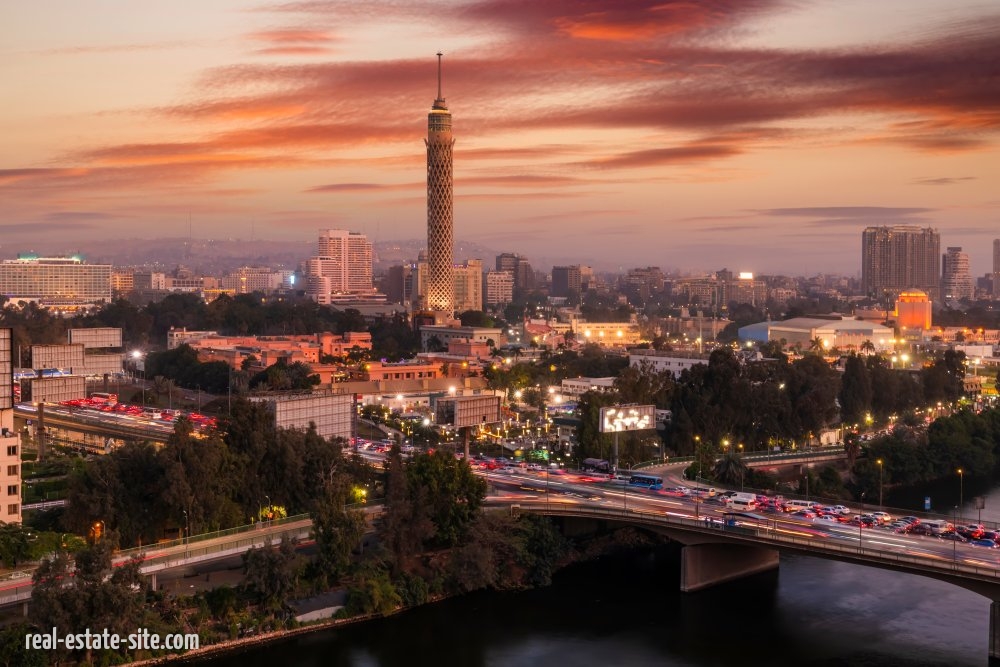Egypt is a popular destination for foreign nationals looking to buy property, either as a vacation home or as an investment opportunity. However, buying property in Egypt can be a complex process, especially for non-Egyptian buyers. In this article, we will explore the main legal aspects of buying property in Egypt for foreign nationals.
- The legal framework
The Egyptian legal system is based on civil law, which is a legal system derived from Roman law. The legal framework for buying property in Egypt is governed by the Egyptian Civil Code, which outlines the legal requirements for property transactions.
- Restrictions on foreign ownership
Foreign nationals are generally allowed to purchase property in Egypt, but there are some restrictions to be aware of. Non-Egyptian buyers are not allowed to purchase agricultural land or properties that are considered strategic or of national security importance, such as those located near military or government installations. In addition, foreigners are not allowed to purchase property in designated military zones or areas close to the borders.
- The buying process
The process of buying property in Egypt is typically handled by a real estate agent or broker, who will guide the buyer through the process. The first step is to find a suitable property and negotiate the price. Once a price has been agreed upon, the buyer must sign a purchase agreement and pay a deposit, which is usually around 10% of the purchase price.
- Legal documentation
The legal documentation required for buying property in Egypt includes the purchase agreement, which outlines the terms and conditions of the sale, and the property registration certificate, which verifies the ownership of the property. These documents must be signed in the presence of a notary public, who will verify the identity of the buyer and seller and ensure that the documents are legally binding.
- Taxes and fees
Foreign buyers of property in Egypt are subject to various taxes and fees, including stamp duty, registration fees, and notary fees. The total cost of these taxes and fees can range from 4% to 6% of the purchase price, depending on the location and value of the property.
- Financing options
Foreign nationals are generally not allowed to obtain mortgages or other forms of financing from Egyptian banks. However, some developers and real estate companies offer financing options for foreign buyers, which may require a higher down payment and higher interest rates than for Egyptian buyers.
- Property management
Managing a property in Egypt can be challenging, especially for foreign buyers who are not familiar with the local laws and regulations. Many buyers choose to hire a property management company to handle the day-to-day management of their property, including maintenance, repairs, and rental management.
In conclusion, buying property in Egypt as a foreign national requires careful consideration and research. It’s important to be aware of the legal framework, restrictions on foreign ownership, the buying process, legal documentation, taxes and fees, financing options, and property management. By working with a reputable real estate agent or broker and seeking professional legal and financial advice, foreign buyers can navigate the complexities of buying property in Egypt and make a successful investment.

